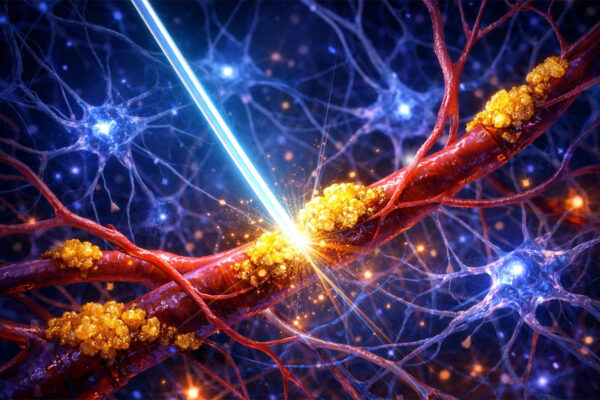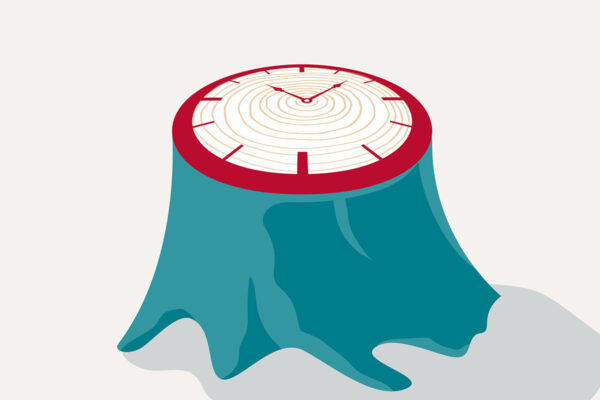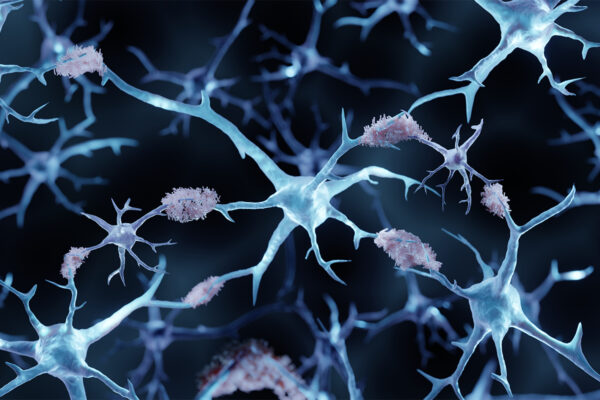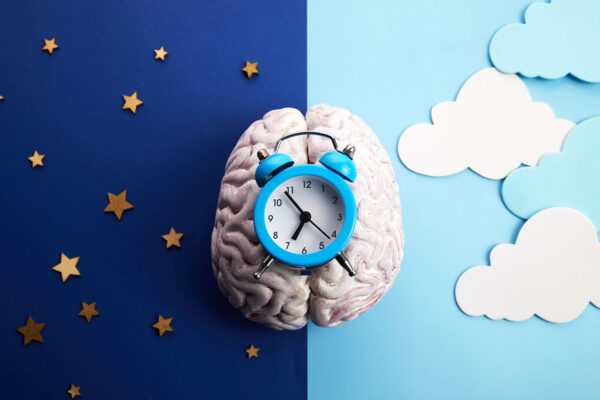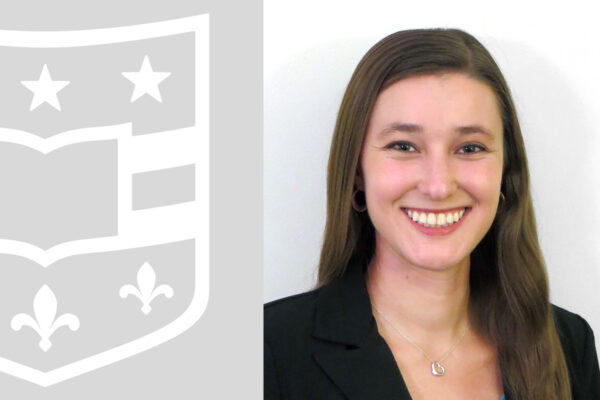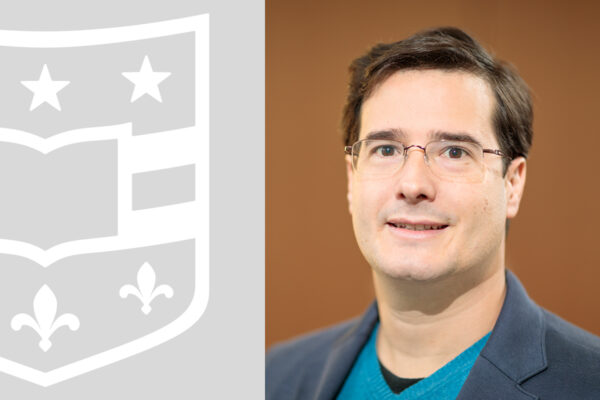Fiber implant sheds new light on Alzheimer’s disease progression
Researchers at Washington University in St. Louis have a federal grant to further develop a fiber-based, deep-brain interface to study the relationship between neurovascular dysfunction and memory loss in Alzheimer’s disease.
Blood test ‘clocks’ predict when Alzheimer’s symptoms will start
WashU Medicine researchers have developed a method to predict when someone is likely to develop symptoms of Alzheimer’s disease using a single blood test.
Engineered immune cells help reduce toxic proteins in the brain
Researchers at WashU Medicine and Weizmann Institute of Science designed a CAR-T cell therapy that reduced amyloid beta plaques in the brains of mice, pointing to a promising new approach for Alzheimer’s disease.
$3 million grant funds research on mental health challenges of Alzheimer’s
Ganesh Chand, an assistant professor at WashU Medicine Mallinckrodt Institute of Radiology, will study why some Alzheimer’s patients experience neuropsychiatric symptoms such as apathy and depression.
Alzheimer’s disrupts circadian rhythms of plaque-clearing brain cells
In a study published in Nature Neuroscience, researchers at WashU Medicine showed in mice that Alzheimer’s disease upended the daily activity patterns of hundreds of genes in cells that regulate key functions in the brain.
Klinman recognized as outstanding early-career scientist
Eva Klinman, MD, PhD, an instructor in the Department of Neurology at WashU Medicine, has been named a 2025 STAT Wunderkind by STAT News for her exceptional contributions to understanding the mechanisms of brain aging and neurodegeneration.
Circadian clock protein linked to brain aging, neurodegenerative disease
WashU Medicine researchers led by Erik Musiek, MD, PhD, discovered in mice that inhibition of a protein that controls the daily cycling of metabolism and inflammation decreases neurodegeneration in Alzheimer’s disease.
Dai receives $200,000 grant from Alzheimer’s Association
A scientist at Washington University in St. Louis has received a grant from the Alzheimer’s Association to support his research investigating the electrochemistry of neurotoxic protein assemblies.
Yoo, Sun recognized for developing novel method to study aged neurons
Andrew S. Yoo, the Phil and Sima Needleman Distinguished Professor of Developmental Biology at WashU Medicine, and Zhao Sun, a staff scientist in Yoo’s laboratory, have received the Morby Prize from the Cure Alzheimer’s Fund in recognition of their groundbreaking paper that describes a novel method to study aged neurons.
Blood plasma reveals shared pathways in neurodegenerative diseases
WashU Medicine researchers have identified biomarkers of Alzheimer’s, Parkinson’s and frontotemporal dementia from blood plasma, suggesting new therapeutic avenues.
Older Stories
